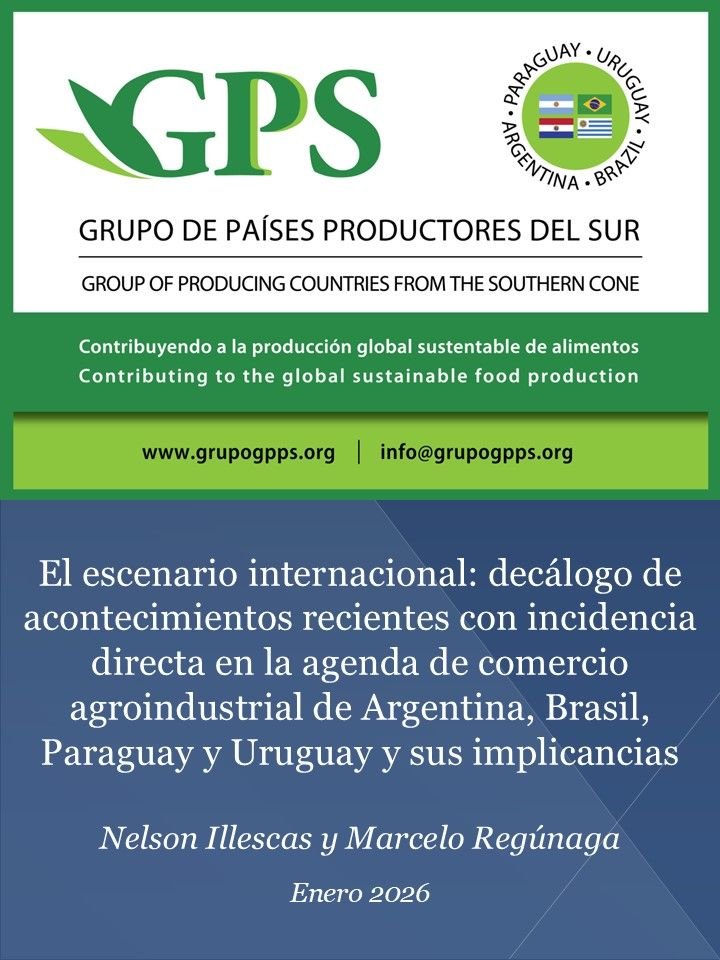By Marcelo Regúnaga and Agustín Tejeda, July 2023
Bioeconomy arises in response to the need to have an alternative sustainable production model to that based on the fossil economy, which meets multiple interrelated objectives: improve the quality of life of the population, guarantee world food security, make efficient and responsible use of natural resources, protect biodiversity, promote the transition to renewable energy and reduce greenhouse gas emissions to mitigate climate change.
From the sectoral point of view, it involves agricultural, forest-industrial, fish production, food, pulp and fiber production, as well as the chemical, energy, construction, medicine production, health and reproduction industries, and also various ecosystem services, including tourism. It constitutes a systemic approach, which includes the development of primary production harmoniously complemented by industry and services.
At a time when new opportunities are emerging for the countries of the Southern Cone (in particular, Argentina, Brazil, Paraguay and Uruguay) this paper proposes a development strategy based on Bioeconomy that would provide the countries of the region with a wide range of opportunities to: promote territorial development and job creation, increase production in a sustainable manner, diversify the productive matrix and exports, contribute to the energy transition, add value to production, increase the Gross Domestic Product, increase exports, and strengthen cooperation and regional integration.
Document available only in Spanish.



